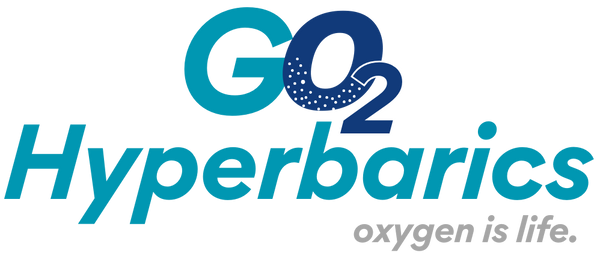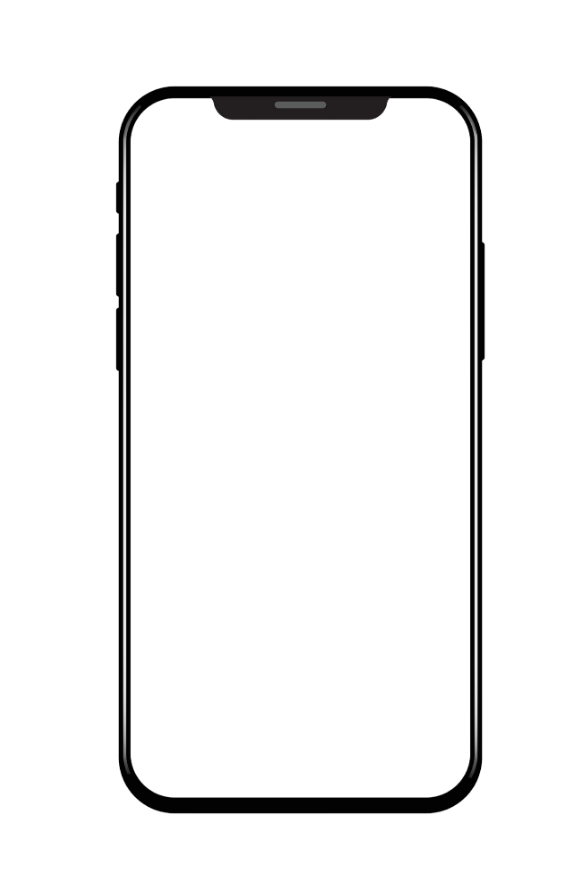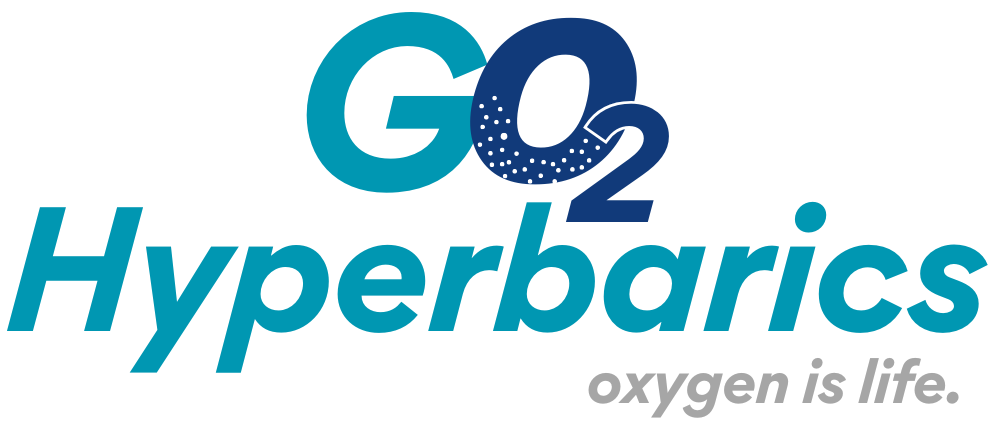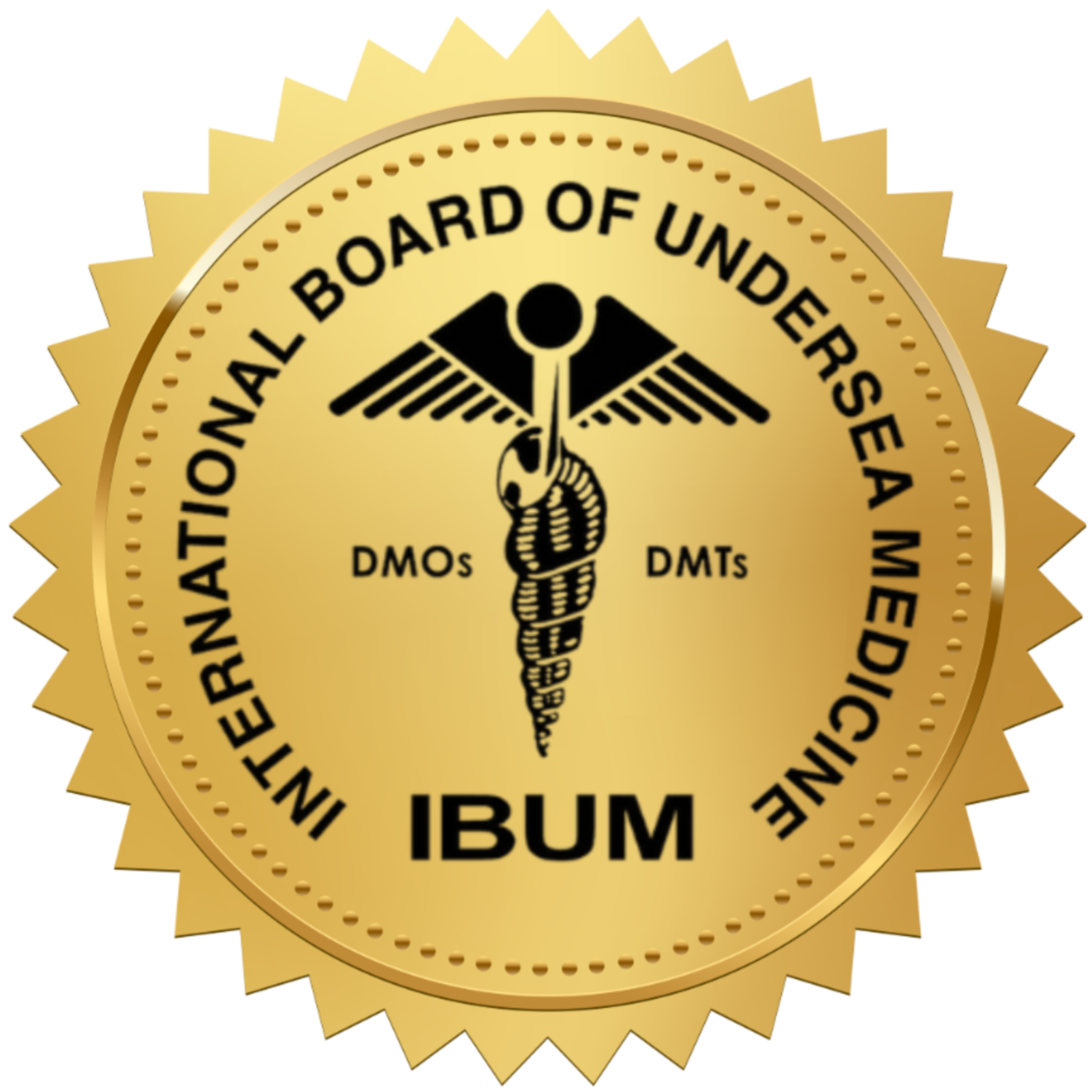A groundbreaking study from Tel Aviv University (TAU) and Shamir Medical Center in Israel reveals that hyperbaric oxygen therapy (HBOT) can reverse aging at the cellular level in healthy adults. Published in Aging on November 18, 2020, the research demonstrates that HBOT can lengthen telomeres and reduce senescent cells, two key markers of aging, offering a potential path to slow or even reverse the aging process.
Led by Professor Shai Efrati and Dr. Amir Hadanny, the study involved 35 healthy adults aged 64 and older who underwent 60 HBOT sessions over 90 days. Participants were exposed to high-pressure oxygen in a pressure chamber, a protocol designed to enhance cellular repair. Blood samples taken before, during, and after the treatments showed remarkable results: telomeres, the protective caps at the ends of chromosomes, lengthened by 20%-38%, and senescent cells, which contribute to age-related diseases, decreased by 11%-37%.
Telomeres naturally shorten with age, impairing cell division and repair, while senescent cells accumulate, promoting inflammation and tissue dysfunction. By reversing these processes, HBOT offers a biological reset, making blood cells functionally younger.“ Telomere shortening is considered the ‘Holy Grail’ of aging biology,” Professor Efrati noted. “Our HBOT protocol achieved elongation rates far beyond current interventions like lifestyle changes or exercise.”
The implications are profound. Unlike existing methods that merely slow telomere shortening, HBOT actively reverses it, suggesting potential to delay or mitigate age-related conditions such as cognitive decline, cardiovascular disease, and weakened immunity. The therapy, already used to enhance brain function after stroke or injury, could become a cornerstone of preventive medicine for aging populations.
Dr. Hadanny emphasized the study’s pioneering nature, stating, “This opens the door for further research on HBOT’s cellular impact and its potential to reverse aging.” While the study focused on healthy adults, its findings pave the way for exploring HBOT’s benefits in broader contexts, potentially transforming how we approach aging as a treatable condition.
Tel Aviv University, a global leader in innovative research, continues to push boundaries with this work. The study’s success highlights the potential of HBOT to redefine healthy aging, offering hope for a future where growing older doesn’t mean growing frail. As research progresses, HBOT could become a widely accessible tool to enhance longevity and quality of life.






